A whistleblower comes forward with a shocking story. Will the New York Times print the story?
I’ve been a movie buff since I was a child and began watching the “good old goodies” with my late father. I never thought I’d live through events as surreal as the last three years. As it turns out, several of my favorite movies depict scenes and themes relevant to our Covid/New Normal Times. So I did what writers sometimes do - I made a list. (Reader submissions welcome!)
1. Three Days of the Condor
In the film’s final scene, Turner (played by Robert Redford), has presented a scandalous and explosive scoop to The New York Times. When Turner tells a CIA officer what’s he’s done, the agent’s not happy but stops Turner in his tracks by asking this question:
“How do you know they’ll print it?”
Turner: “They’ll print it.” … but suddenly he doesn’t seem so sure … Freeze frame, tight on Redford’s uncertain face. End movie.
I think about this ending all the time. My strong hunch: The newspaper did not run this story.
People, at least briefly, did get mad as hell.
2. Network
For a few weeks, Americans really do become “mad as hell” and scream out, “I’m not going to take this anymore!” But in the final scene, the deranged, truth-speaking TV anchor … is assassinated on live TV.
The American people shrug as if they’d expected this. Their main interest seems to be: “Hey, what’s the next show?”Ned Beaty is one of the bosses of the Deep State … so 46 years ago, Network’s screenwriter bought into the same conspiracy theory I’ve bought into today.
3. The Bridge on the River Kwai
Alec Guinness’s character leads the effort to build an impressive bridge that could help England’s enemy, Japan. At the end of the movie, he realizes what he’s done and tries to blow up the bridge, but is killed before he can do it.… all leading to the last line of the movie, spoken by one of the few survivors:
“Madness…. Madness!”
4. Casablanca
My favorite movie of all-time. The key plot point revolves around the “letters of transit” (government papers - aka vaccine passports). I think of everybody in Casablanca as persecuted anti-vaxxers, people trying to escape to the land of the free, America. The film ends with a hopeful theme and features some uplifting messages for our times. For example:
Victor Laszlo to Rick: “… Welcome back to the fight. This time I know our side will win.”
Earlier, Victor explained to Rick why he’s leading the underground effort to fight the Nazis.
“You might as well question why we breathe. If we stop breathing, we'll die. If we stop fighting our enemies, the world will die.”
Casablanca was filmed in 1942 when Nazi Germany was winning World War II. One of the most powerful scenes in film history is when the patrons of Rick’s Cafe Americain sing the French National Anthem, drowning out the singing of the German national anthem. I’ve read most actors in that scene had actually fled Europe and the Nazis. That is, they were not acting.
5. Being There
Peter Sellers plays a simpleton gardener who impresses all of society’s most powerful people despite the fact he has the mental capacity of a small child. Still, he’s probably going to be elected president, something that might have seemed ridiculous when the movie was made in 1979, but is commonly accepted in 2023.
6. The Godfather Parts I and II
“I’ll make him an offer he can’t refuse.” “It’s only business.” Everything is a racket; everyone is captured or on the take. Vito Corleone actually had some redeeming qualities and his children should have listened to him. (If we had Godfather Part 4, viewers would see how the government took over all the Mob’s best rackets).
In the opening scene, Michael shares a story about his father with his girlfriend, Kay. In The Godfather Part II film-goers observe this dialogue when Michael has returned from Italy to take over the family business.
Michael: My father is no different than any powerful man, any man with power, like a president or senator.
Kay: Do you know how naive you sound, Michael. Presidents and senators don’t have men killed.
Michael: Oh. Who’s being naive, Kay?
Dad loved Westerns such as …
7. High Noon
The people who were going to help the sheriff (Gary Cooper) face down the Bad Guys … all disappear when he needs them most.
8. Butch Cassidy and the Sundance Kid
Butch to Sundance: “Boy, I got vision, and the rest of the world wears bifocals.”
In Covid times, I imagine a lot of us feel like Butch … Of course, sage Butch got shot to pieces in the final scene of the movie.
9. The Man Who Shot Liberty Valance
Sen. Ranse Stoddard (the great Jimmy Stewart) tells a newspaper editor he really didn’t shoot Liberty Valance. Tom Doniphon (the great John Wayne) did. Upon learning the truth, the journalist tears up his notes.
“You’re not going to use the story?” asks Sen. Stoddard. No, the editor replies before speaking one of the better-known lines in film history.
“When the legend becomes fact, print the legend.”
Today, one might say: “When the facts conflict with the narrative … print the narrative.”
Of course, the most chill-inducing line in this movie is the last one: “Nothing’s too good for the man who shot Liberty Valance.”
Viewers learned that the man who killed the outlaw who’d terrorized the territory for years had just been buried in a pauper’s grave. Only four people attended his funeral.
Sometimes the real heroes die sad deaths … And sometimes the Bad Guys are celebrated as heroes.
10. Forrest Gump
This bio of my state’s most famous citizen produced one of the smartest lines in film history.
“Stupid Is as Stupid Does.”
11. Aliens
Ellen Ripley: ”I say we take off and nuke the entire site from orbit. It's the only way to be sure."
This line pops into my head when I think about government agencies like the CDC, NIH, NIAID, FDA and CIA.
12. Heathers
Veronica Sawyer: “Dear Diary: My teen angst bullshit now has a body count.”
13. The Princess Bride
Vizzini: “Inconceivable!”
… We need at least one movie that might be labeled a comedy. I’ll go with ….
14. Raising Arizona
Glenn: … It’s a crazy world.
H.I.: Someone oughta sell tickets.
Glenn: Sure, I’d buy one.
15. Willie Wonka and the Chocolate Factory
After Wonka barks at Charlie (“You get nothing!”), Charlie doesn’t respond in kind. Instead, he gives Mr. Wonka his Everlasting Gobstopper.
“So shines a good deed in a weary world,” whispers the previously weary Wonka.
The line was culled from a Shakespeare play. So even in Shakespeare’s times people were looking for one good soul in a world full of brats and pills.
16. The Star Wars movies
The Evil Empire had taken control of the galaxy, but the resistance didn’t quit fighting. The world is full of “Star Wars” fanatics. I don’t know why the legions of fans of these films don’t get who the “Evil Empire” is in our times and why they don’t try to emulate Luke and Hans Solo.
Let’s end on an uplifting note …
17. The Shawshank Redemption
Andy Dufresne, in a letter to his friend, Red: “Remember. Hope is a good thing, maybe the best of things, and no good thing ever dies.” Note the first two sentences in the movie poster. (I bought this movie poster and a framed version hangs in my house today).
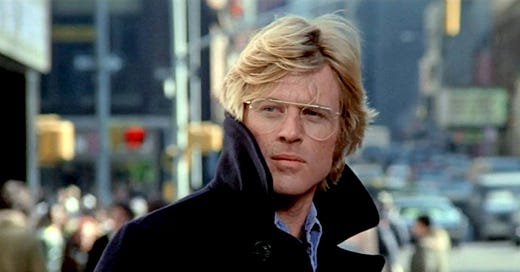



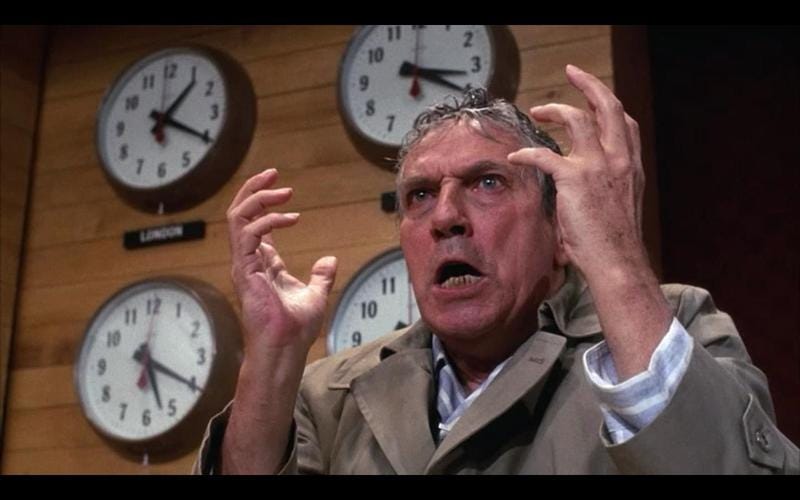
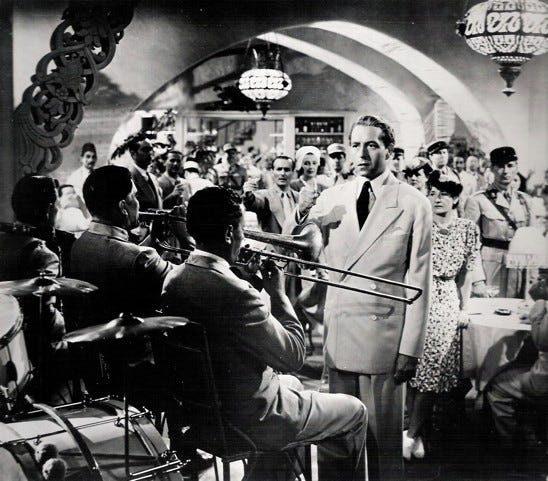
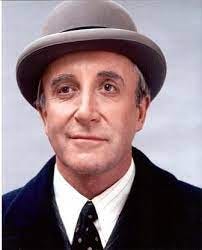
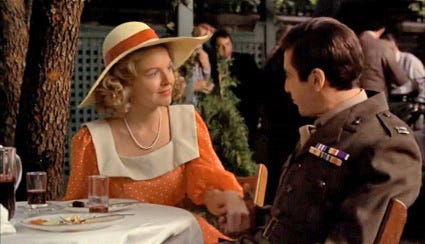
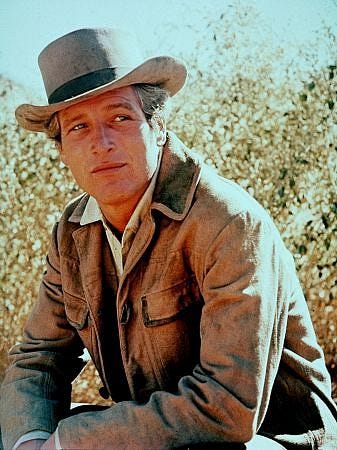
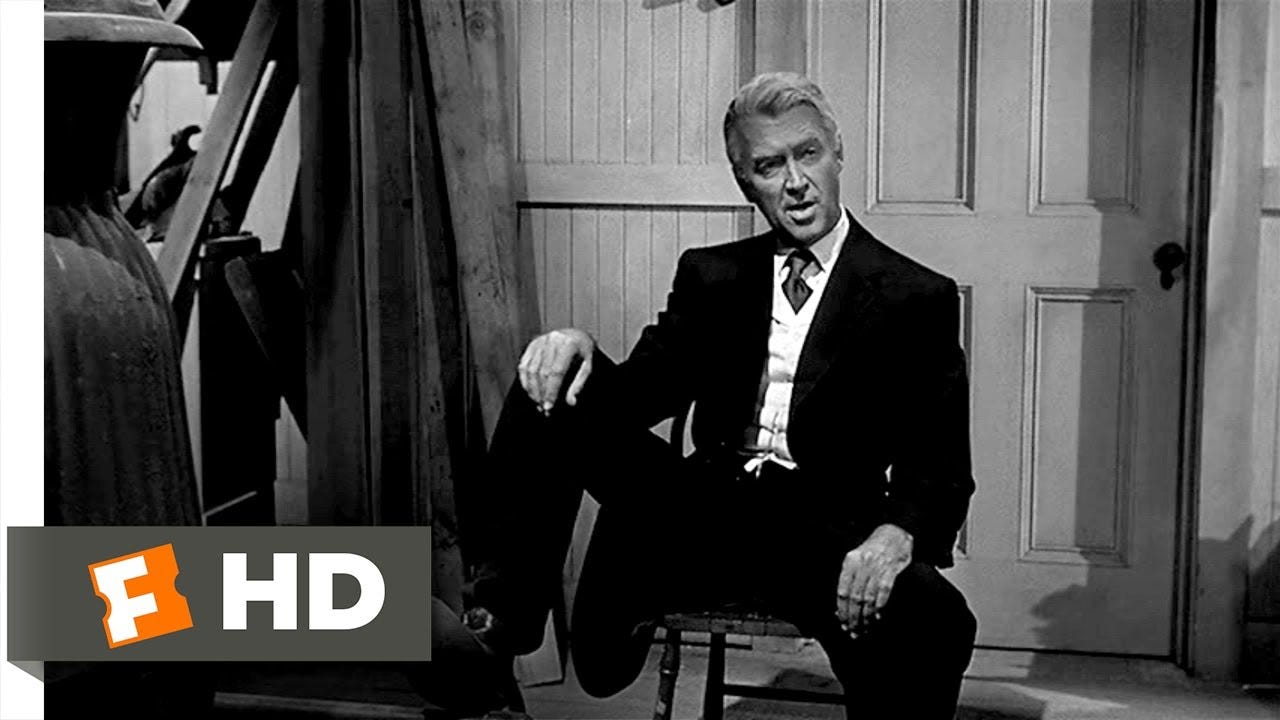
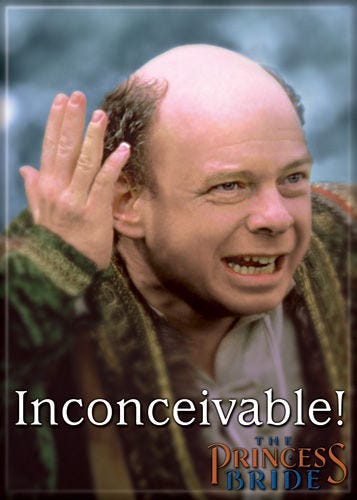
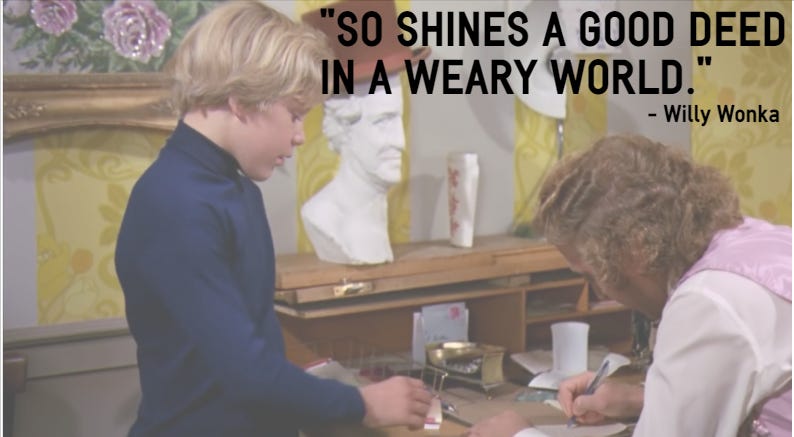
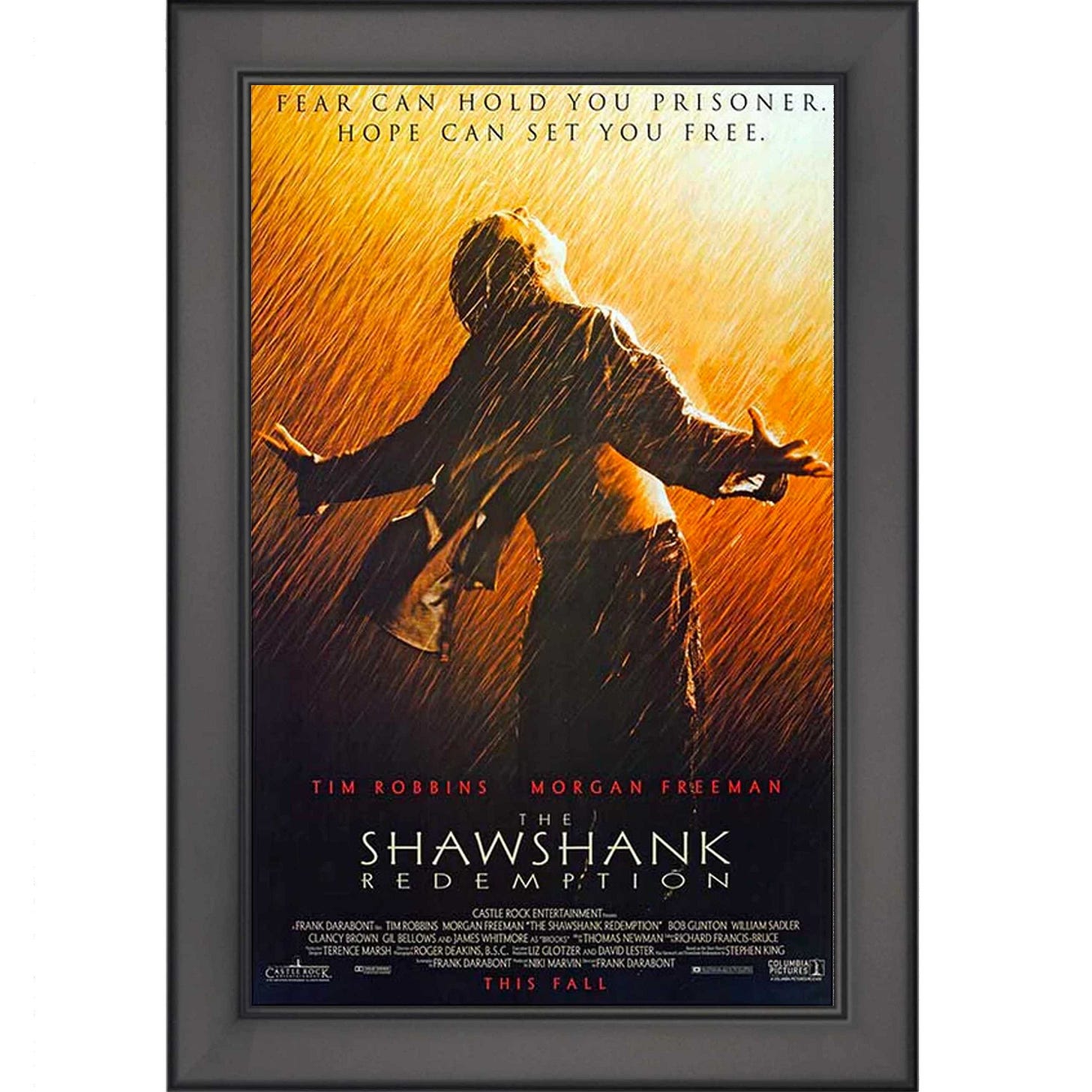
Didn't quite make the cut ...
"Jaws"
Chief Brody: "We're going to need a bigger boat."
... This is perhaps the most-quoted line from a great (but still under-appreciated) classic. I was going to say we need a bigger boat - like a battleship - if we're going to really kill all the gators in the swamp. Or maybe a giant fleet of those air boats.
It now occurs to me that the first "Alien' movie and the sequel also have themes that fit our Covid times. In the movies, we learn that the government wants to bring back those aliens so they can study them, learn from them and .... use them as a weapon!
Also, the director of the first Alien movie, Ridley Scott, also directed the great movie "Black Hawk Down," which also shows the consequences of FUBAR government policies.